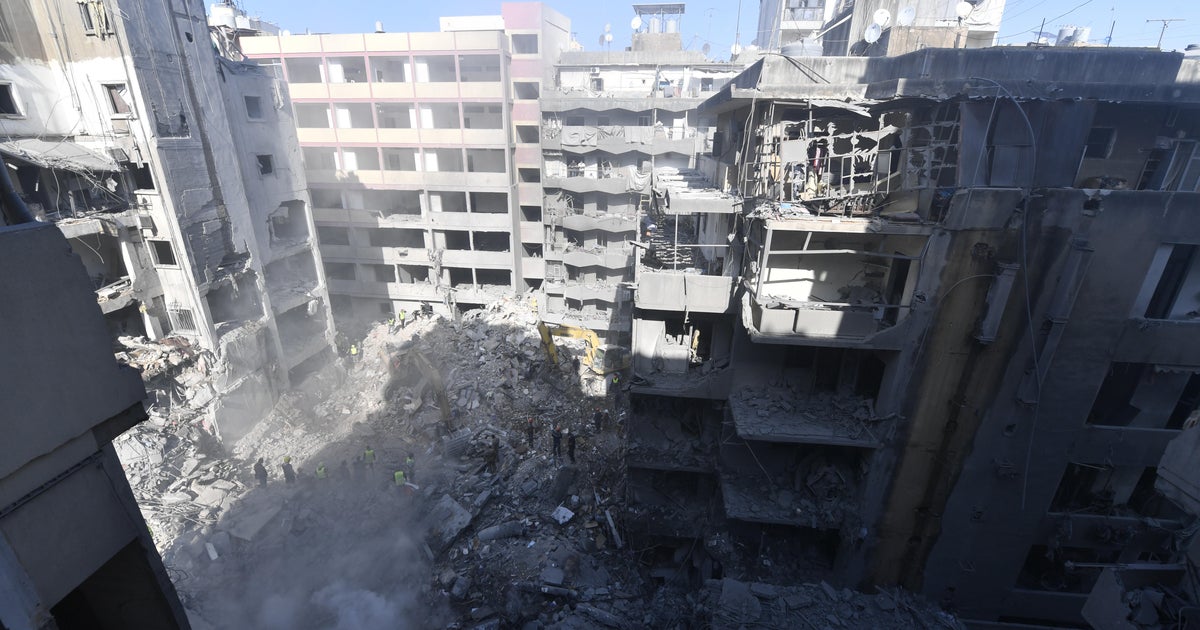CBS News
A look inside the USS Bataan warship as its anchored off the Mediterranean coastline

Watch CBS News
Be the first to know
Get browser notifications for breaking news, live events, and exclusive reporting.
CBS News
Hyundai, Kia recall more than 208,000 electric vehicles over power loss issue

Hyundai and Kia are recalling more than 208,000 electric vehicles to fix a problem that can cause the loss of drive power, increasing the risk of a crash.
The recall covers more than 145,000 Hyundai and Genesis including some IONIQ 5 and IONIQ 6 EVs along with Genesis GV60, Genesis GV70 and Genesis G80 models.
The National Highway Traffic Safety Administration (NHTSA) said the vehicles’ transistors in a charging control unit may get damaged and stop charging the 12-volt battery, “which can result in a loss of drive power.”
In the Kia recall, nearly 63,000 EV6 vehicles from 2022 through 2024 are impacted.
Car dealers will inspect and replace the control unit and a fuse if needed, as well as update software. Owners whose vehicles were recalled earlier this year to fix the same problem will have to visit their dealer again.
Owners will be notified by letter in December and January.
CBS News
Here Comes the Sun: Jack Antonoff and more

Watch CBS News
Be the first to know
Get browser notifications for breaking news, live events, and exclusive reporting.
CBS News
Capturing Moriah Wilson’s Killer – CBS News

Watch CBS News
Be the first to know
Get browser notifications for breaking news, live events, and exclusive reporting.








